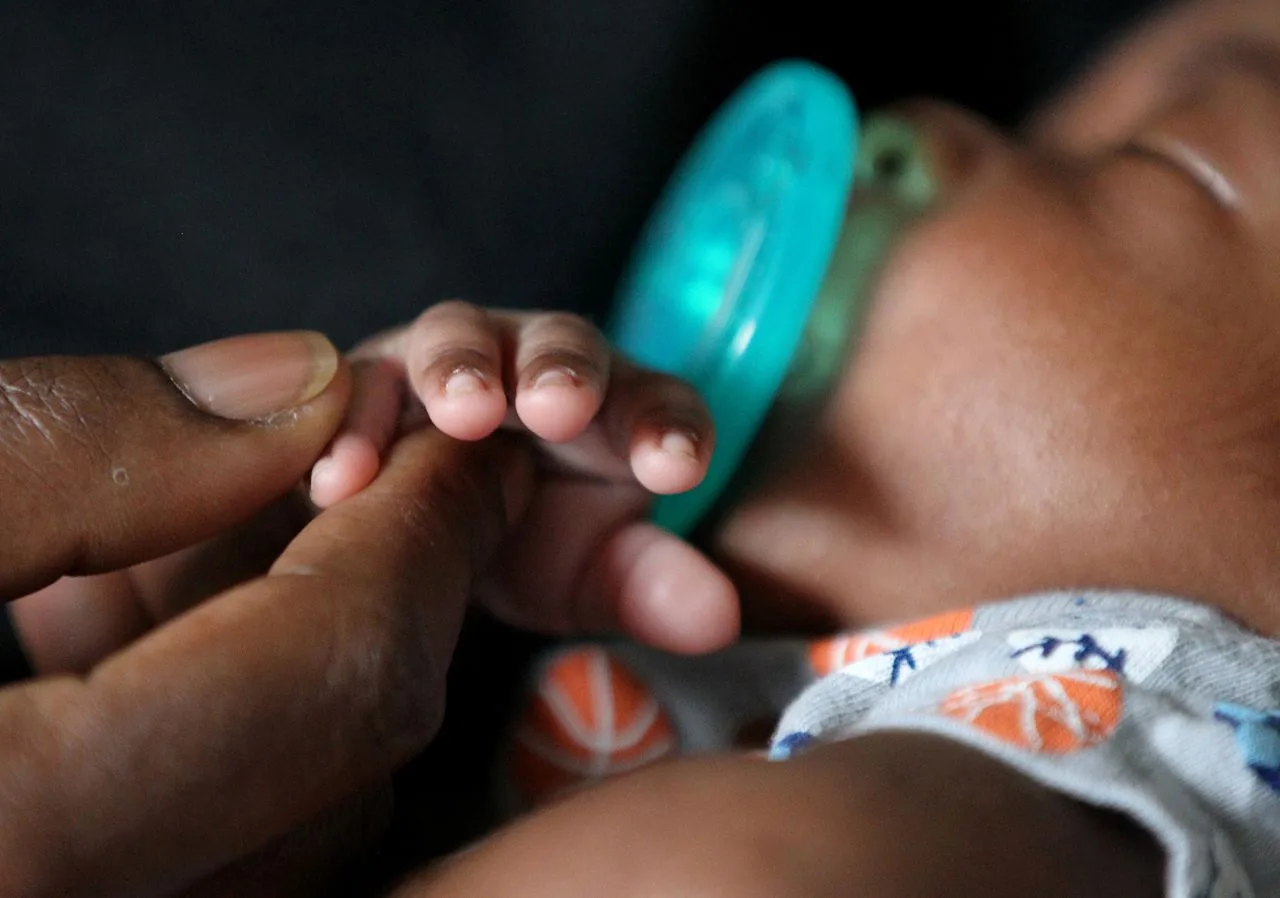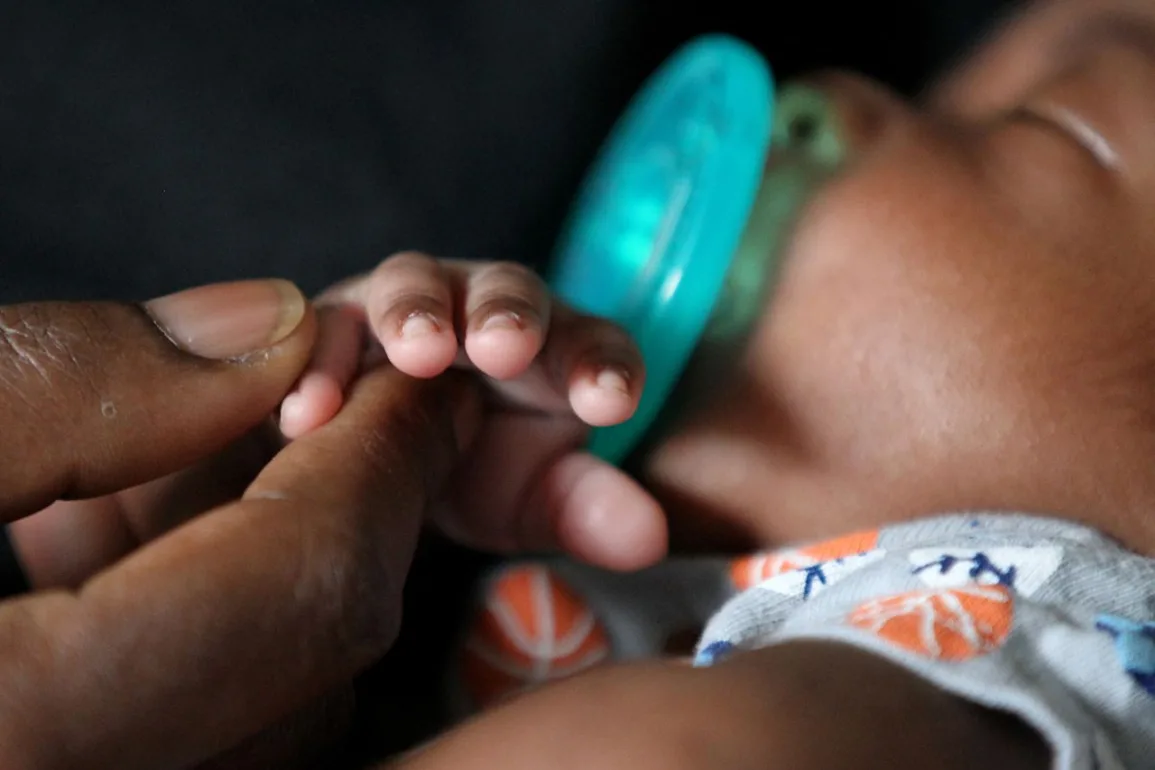
While birth outcomes in Boston are better than national averages, the city’s Black residents continue to have significantly higher rates of preterm births, low birthweights and infant mortality than parents of other demographics, according to new data released Thursday by the Boston Public Health Commission.
According to the BPHC report, in 2021, the infant mortality rate in Boston was 4.6 deaths per 1,000 live births, compared to 3.2 deaths for the state and 5.4 nationally. However, at 9.7 deaths per 1,000 births, the rate of death among Black infants was more than twice the citywide average and more than three times that of white infants.
“As the nation’s healthcare hub, Boston has a responsibility to lead by tackling the social determinants of health that unjustly harm our residents and disproportionately impact BIPOC communities,” said Mayor Michelle Wu in a press release. “The Maternal and Infant Health report’s findings are alarming, and in our charge to make Boston the best city to raise a family, we will work with our Boston community and healthcare experts to find solutions that empower mothers and families of all backgrounds.”
A total of 6,788 live births were recorded in Boston in 2021. The birth rate in Boston declined by 14.8% from 2017 to 2021, although there was no change in the birth rate among White women in that time. The largest decrease in birth rate was among Asian women, who saw a decrease of 24%.
In 2021, 1 in 12 or 8.4% of newborns weighed less than 2,500 grams. While this is in line with the national rate of 8.5%, the percentage of infants with low birthweight in Massachusetts was lower at 7.5%.
Among Black infants, 13.4% were low birthweight, twice the rate of white infants at 6.2%.
Between 2017 and 2021, there was a 7.1% decrease in preterm births, or infants born before 37 weeks, with 9.2% of births in Boston being preterm in 2021. In that year, 13.8% of Black births were preterm, almost twice that of white births at 7.1%.
There are also stark differences between Boston neighborhoods with different racial makeups. In Hyde Park, where 48.7% of residents are Black, the infant mortality rate was 7.8 deaths per 1,000 births from 2012 to 2021, the highest of any neighborhood in the city. In neighboring Roslindale, where 25% of residents are Black, the rate was just 2.4 deaths per 1,000 births, the lowest in the city.
Mattapan, where 78.2% of residents are Black, had the highest percentage of both low birthweight births (11.8%) and preterm births (12.%) for 2019 through 2021. Dorchester, which also has a high population of Black residents, came in second on both measures, with 11.3% of births being low birthweight and 11.1% being preterm.
According to the report, racism, discrimination and implicit bias within the healthcare system negatively impact pregnancy outcomes for Black people, along with social determinants of health, which include housing, income, food security and neighborhood safety.
According to the Massachusetts Department of Public Health, Black women in Massachusetts are 1.9 times more likely to die during pregnancy or within one year of giving birth than white women.
To address the inequities shown in the report, BPHC plans to work with providers, community health centers, researchers, legislators and community leaders to address the root causes, and is hosting a series of community meetings to find new strategies to advance health equity.
- Read more: MassHealth on track to cover doulas during birth, but will they work for what is offered?
Current programs meant to improve maternal and child health in Boston include Healthy Baby Healthy Child, which provides free home visits for pregnant and parenting families, and Boston Healthy Start Initiative, which provides direct support to pregnant and parenting women, families and children, among other programs. These two programs have served close to 3,000 women since 2020, according to the city.
“The findings of our Maternal and Child Health of Boston Report are a call to action for our city,” said BPHC Executive Director Bisola Ojikutu. “These stark racial inequities in infant mortality and other birth outcomes cannot continue to exist. Boston is one of the few cities with the public health and health care infrastructure necessary to address these inequities, and we will commit our resources to doing so.”


